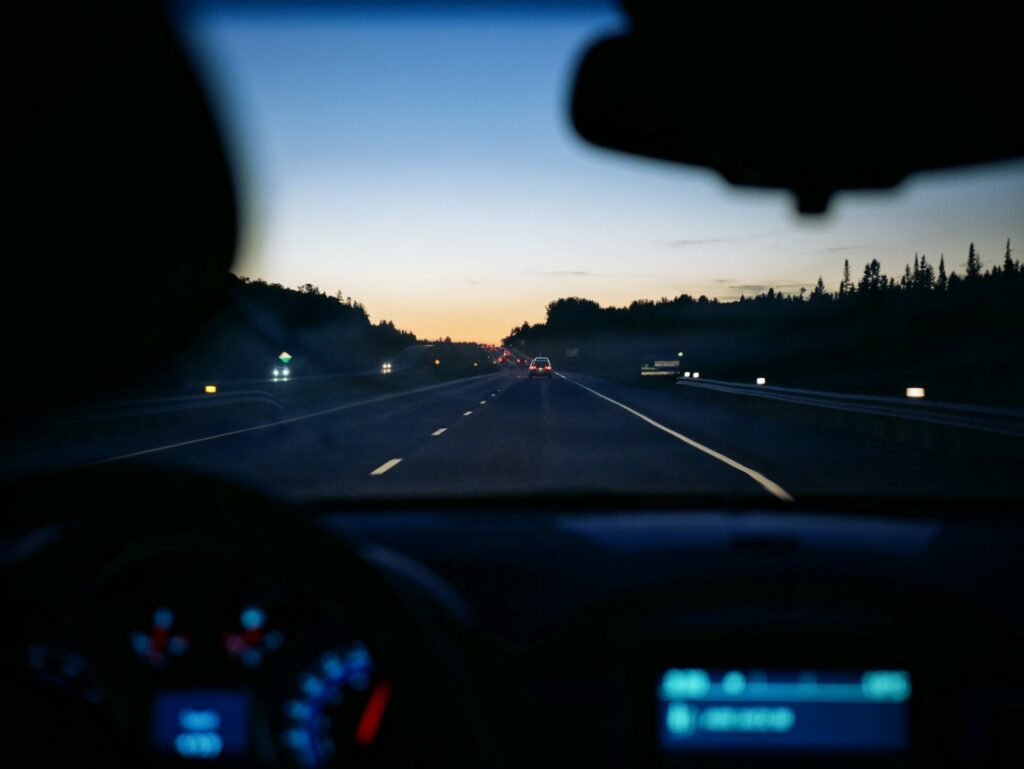When having to make a long car journey for holidays, six out of ten Belgians choose to drive at night, Vias Institute announced on Thursday in a survey on behaviour during long journeys.
"Driving at night has several advantages, including lower traffic density, lower temperatures and a calmer atmosphere when children are asleep," Vias noted, pointing out that 60% of Belgians opt for this solution for long car journeys.
However, driving at night poses threats, the main one being greater fatigue. According to the institute, one in three accidents on French motorways is due to fatigue. Falling asleep behind the wheel is common for late-night drivers, as one driver in four admits to having fallen asleep during their drive.
Tweet translation: "Holidays in 🚗: 6 out of 10 Belgians leave at night. Fortunately, the Belgian driver is the king of naps: 3 out of 4 will take one on the way."
To combat fatigue Vias recommends taking a nap. While most people take naps after three hours of driving, Vias encourages stopping after two hours.
Besides more frequent stops and nap breaks, Vias has other tips for staying refreshed and focused on a late-night trip. Limiting naps to 20 minutes can prevent drivers from falling into a deep sleep. After a nap, a driver should get out of the car and stretch before embarking on their journey once more.
Related News
- Why roads in Wallonia are deadlier than in Flanders
- Traffic casualties fall between 2021 and 2019
- Sugar or coffee? What foods to avoid if you want to beat fatigue
Drivers should also not skip stopping on the pretext that they will soon be at their destination, the risk of an accident increases in the last 100 kilometres, according to the institute. Vias also advises not having a set time of arrival as this can help with peace of mind when driving without a hurry to meet a deadline.

